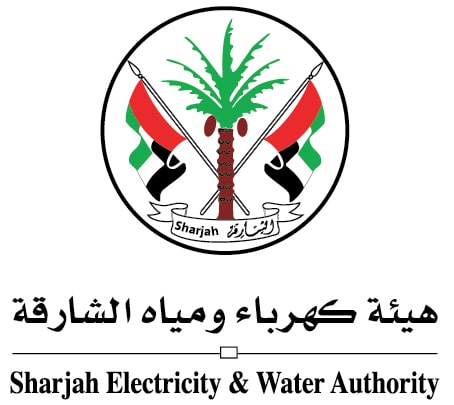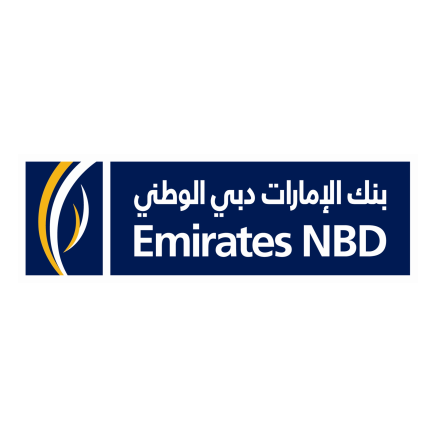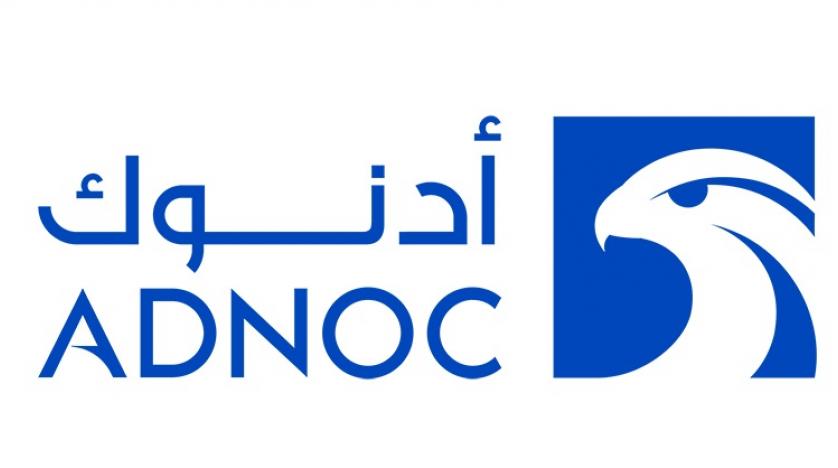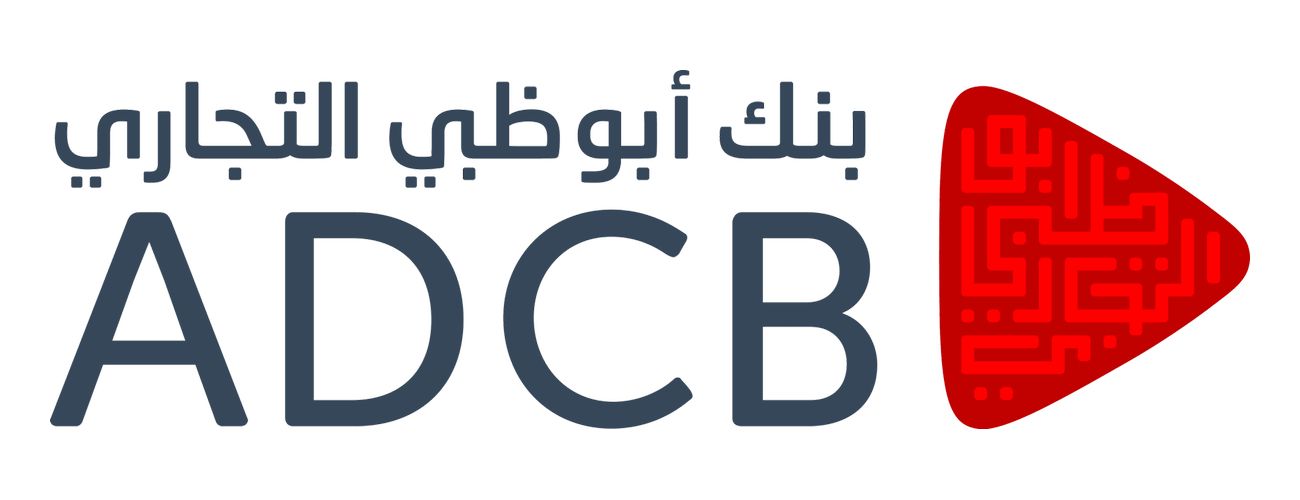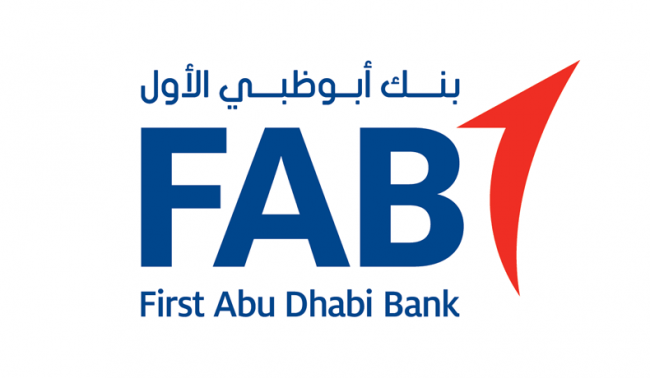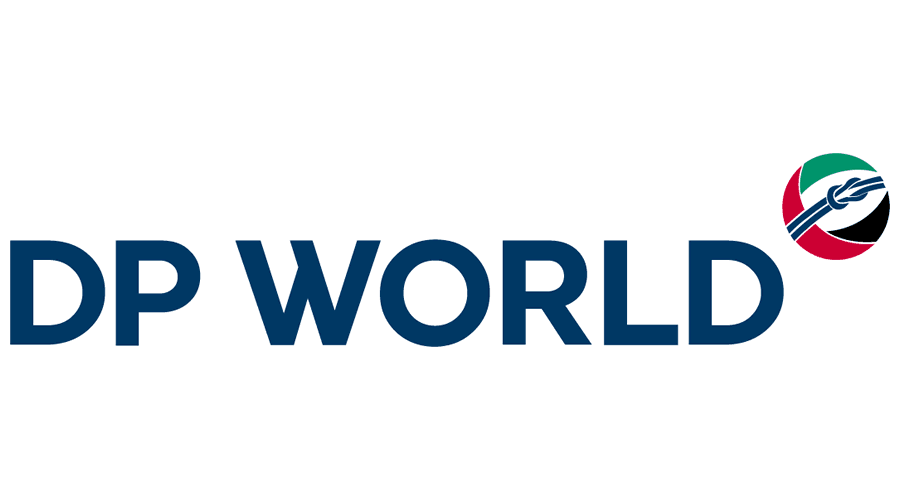
Coaching is not a regulated industry. However, few non-profit organizations like ICF, EMCC, and CCE helps professional coaches to regulate coaching standards. They provide accreditations to professionals who wish to practice and teach coaching. Among these, the International Coach Federation (ICF) is the gold standard in coaching. Before we move on to ACTP coaching, let’s first understand something about ICF accreditations.
ICF offers the only globally recognized, independent credentialing program for coach practitioners. Yet, ICF does not provide coach training. Instead, ICF accredit programs that deliver coach-specific training. ICF-accredited training programs must complete a rigorous review process and manifest that their curriculum follows the ICF Core Competencies and Code of Ethics. These ICF-accredited programs follow three pathways – ACTP, ACSTH, and Portfolio.
When you choose an ICF certified coach training program, you can learn and get credential under any one of these ICF pathways:
- Accredited Coaching Training Programs (ACTP)
- Approved Coach Specific Training Hours (ACSTH)
- Continuing Coach Education (CCE)
What is ACTP in Coaching? How is it different from ACSTH and CCE?
- An ACTP provides start-to-finish coach training, including comprehensive knowledge about the ICF code of ethics, core competencies, and the ICF definition of coaching. ACTPs also include observed coaching sessions, mentor coaching, and a comprehensive final exam that assesses your coaching competency.
- The ACSTH programs are approved based on hour-by-hour and may or may not be a full coach training. It may or may not include mentor coaching. An ACSTH training provider cannot conduct your Performance Evaluation as well. That’s why many coaches prefer ACTP.
- If you want to acquire new learning, and/or want to renew your ICF credential, you can opt for Continuing Coach Education (CCE), as it is intended as advanced training.
Key Features of ICF-ACTP
- Accredited Coach Training Programs are “all-inclusive” training programs.
- An ACTP programs include minimum of 125 student contact hours, Mentor Coaching, and a performance evaluation process.
- At least 80% of all practice should be performed in synchronous activities and centered on the ICF Core Competencies.
- The remaining 20% of the training program can be delivered asynchronously and focused on topics not directly related to the ICF Core Competencies.
- The program trainer teaching the ICF-ACTP content should have at least one ICF Credential. Plus, all mentors should be an ICF Credential holder (PCC or MCC level).
- ACTP pathway is open for all the three levels of ICF Credentialing.
- ACTP programs must provide a minimum of six (6) observed coaching sessions for each student. Written feedback must be provided for at least four (4) of the six sessions.
- All ACTP programs have to offer 10 hours of Mentor Coaching as a part of the program over a three (3) month or more extended period. A minimum of three (3) of the 10 mentoring hours must be one-on-one mentoring.
- In ACTP, the training provider conducts Performance Evaluation.
What are the goals of the ACTP Coaching Training Program?
- The transition from informal mentoring and counseling to structured coaching.
- Improved self- and social- awareness through emotional intelligence.
- Better communication and relationship competencies.
- Leadership development.
- Mastery in coaching competencies.
- Application of coaching in personal and professional life.
- Work-life integration at a conscious
Conclusion
There is no definite answer to as to which is better- ACTP, ACSTH, or CCE. Depending upon your preference, you can choose the pathway. Both ACSTH and ACTP leads to ICF Credential. Team Transformation provides world-class, experiential ICF-ACTP training for aspiring coaches who wish to become ICF Certified Team Coach, Leadership Coach, and Executive Coach.
